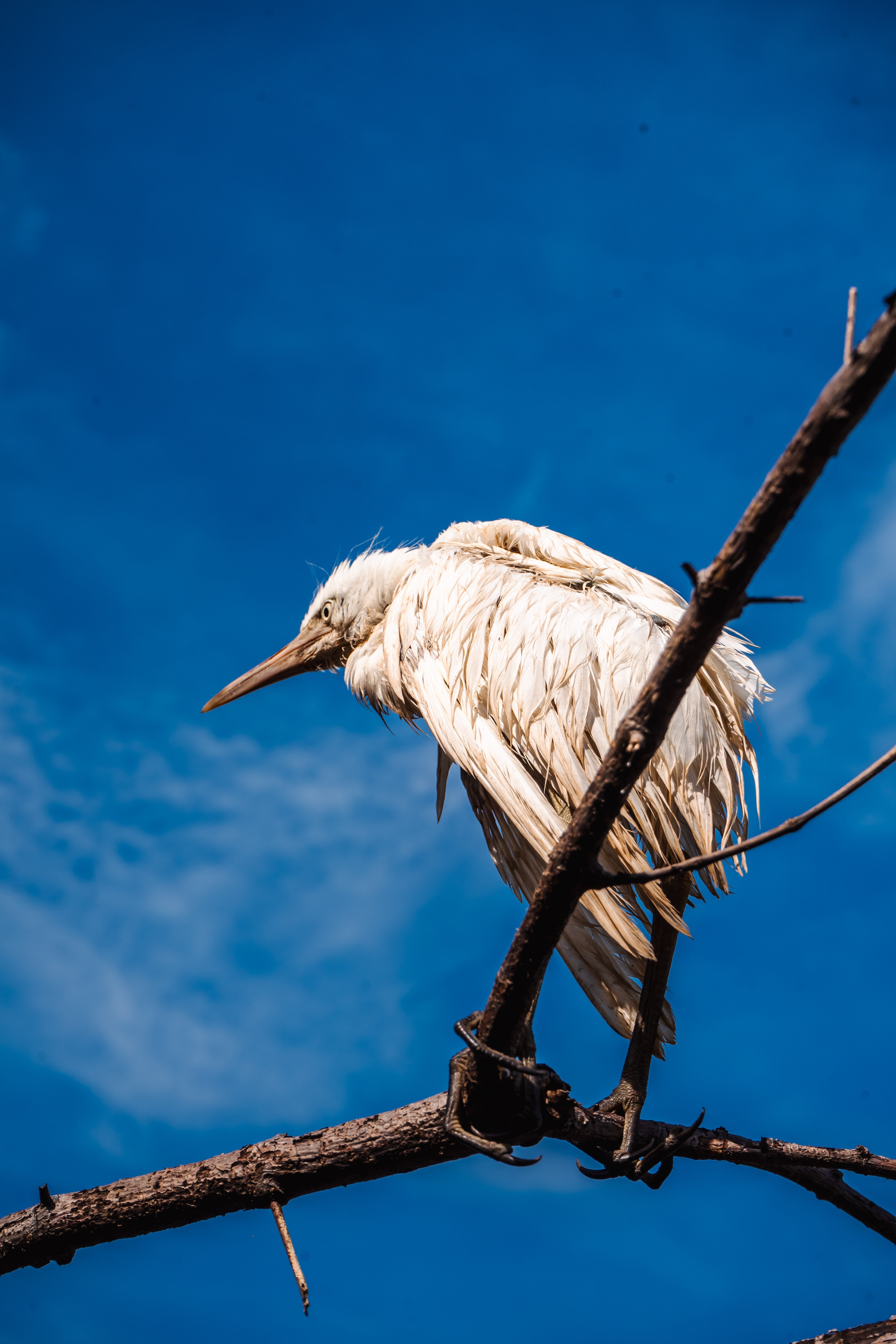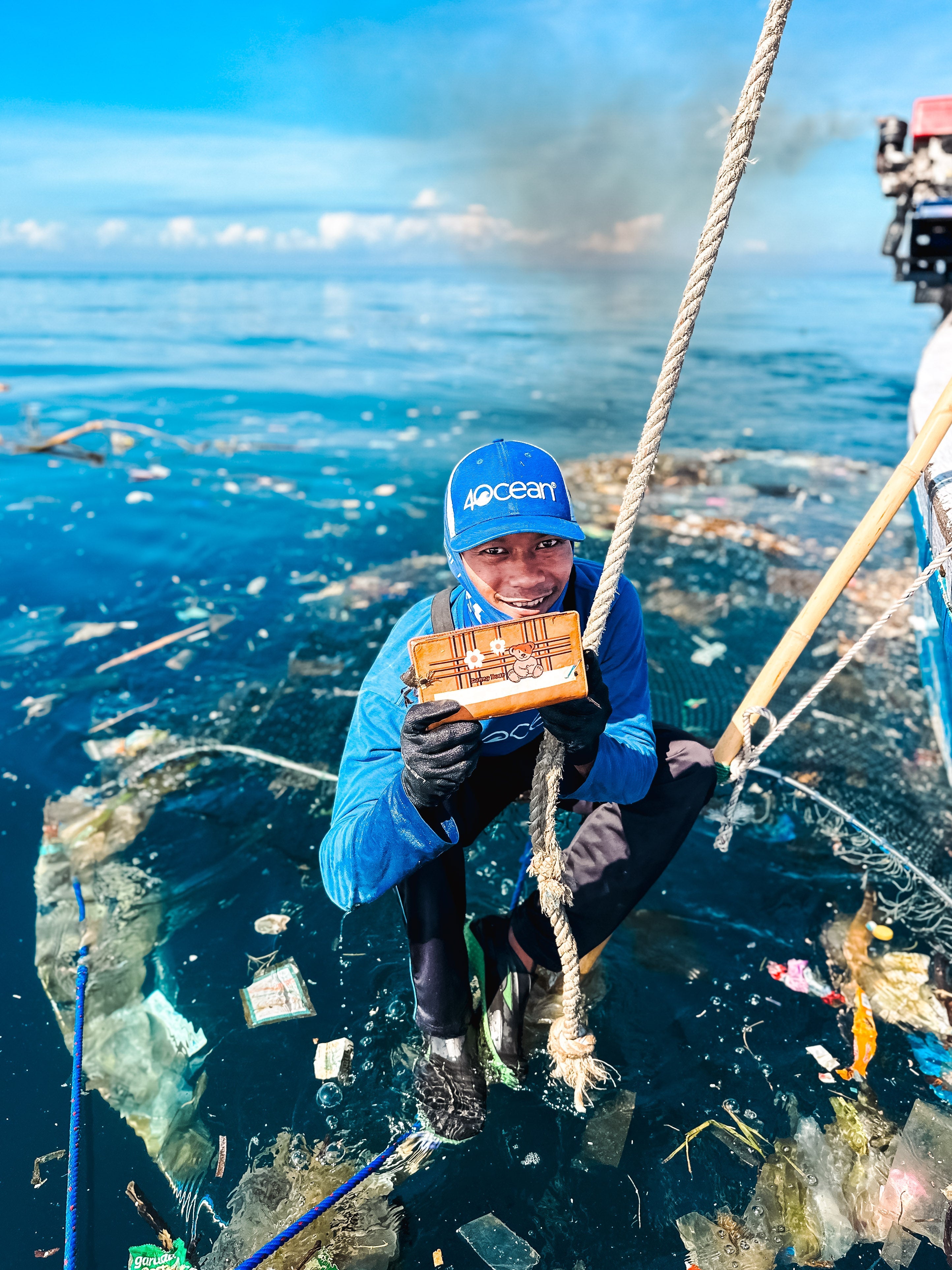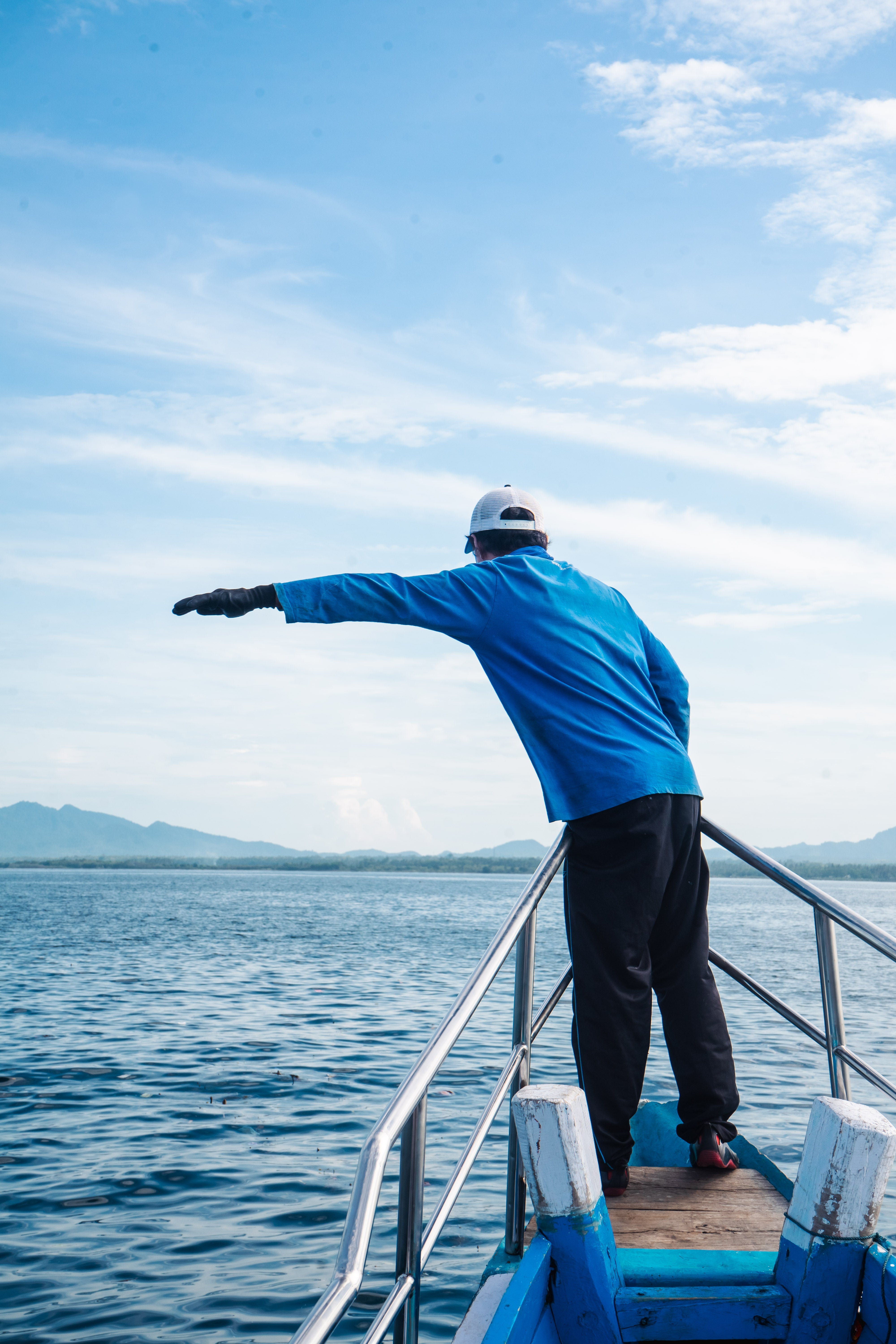5 MIN READ
05-28-2025
Aris, the Little Turtle Rescued Amidst Piles of Marine Debris
Ahmad Fasta, 4ocean Jembrana Content Correspondent
A Tiny Life in a Mountain of Waste
It started as an ordinary day at the 4ocean Materials Processing Facility warehouse in Jembrana. Crew members trickled in one by one, exchanging greetings and jokes before diving into the day’s sorting tasks. Sacks of marine debris—collected over the past few days—lined the floor, bulging with discarded plastic bags, food wrappers, broken sandals, fragments of hoses, and an overwhelming mix of saltwater-soaked waste.
In the humid heat of the warehouse, the crew methodically opened each sack, sorting the contents into categories: hard plastic, soft plastic, rubber, glass, and unidentified items tangled in mud. It was demanding work, both physically and mentally. But spirits remained high, because every piece sorted meant one less threat to the ocean.
Then the day changed.
One of the crew, while carefully sifting through a sack of soft plastics, paused. Something small, nearly invisible amidst the clear plastic wrap, moved faintly. At first, it looked like a crumpled piece of trash. But on closer inspection, it was a baby sea turtle—alive, weak, and barely moving.
A Moment of Silence
Everything stopped. The noise of rustling sacks and clattering bins faded as everyone gathered around. The turtle, later named Aris, had somehow been swept from the sea and accidentally trapped inside one of the collected sacks. His limbs were limp, his eyes dull. He had likely been in the sack for hours, if not longer, wrapped in suffocating plastic.
The team quickly moved Aris to a safe, shaded spot and placed him in a container with clean seawater. Over the next few hours, as he slowly began to swim again and blink his eyes with more energy, hope filled the room. That afternoon, two crew members gently carried him to the beach and watched as he returned to the sea—free once more.
“This work is not just about trash,” one of the crew said. “There are lives hidden in this debris. Aris reminded us why we do this.”
A Heavier Load Than Usual
That day, the team sorted 7,524.99 lbs of marine debris—one of the highest volumes processed at the site. Much of it consisted of soft plastic: plastic bags, food wrappers, straws. Intermixed were old sandals, cleaning cloths, and hose fragments—everyday items that had somehow found their way into the ocean.
The oppressive heat and strong odors made the work physically taxing. But the discovery of Aris injected a sense of purpose that cut through the fatigue. The crew worked with even more care, knowing that each sack could be hiding more than just plastic—it could be hiding life.
Reflections from the Warehouse
What started as a routine task became something extraordinary. Aris was a symbol—not just of what’s at stake, but of what’s possible.
“Every sack we open could be saving a life,” another crew member said. “That’s not something we say lightly. It’s something we feel in our bones now.”
The Bigger Picture
This incident serves as a stark reminder of the impact of marine pollution. It’s not just unsightly—it's deadly. Lives like Aris’s are too often lost in the tide of human waste. But they don’t have to be.
Every bit of trash pulled from the sea is one less trap for marine life. Every piece sorted is a small act of rescue. And every rescued creature, like Aris, is a testament to why this work matters.














